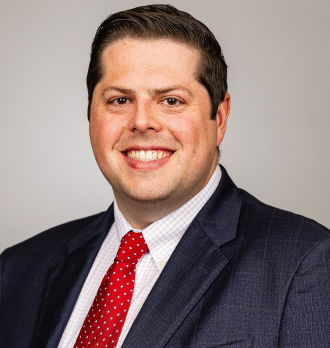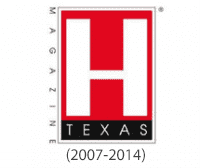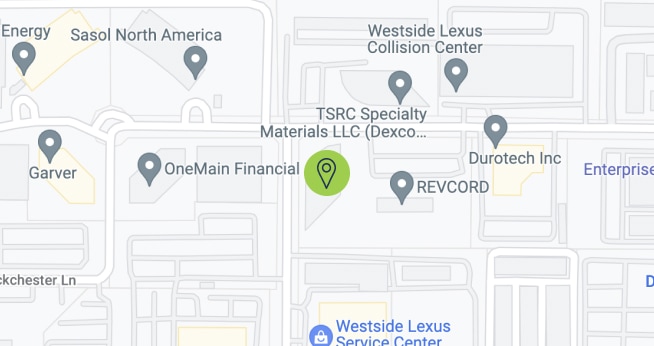What Is Subrogation?
When you are injured in an accident, the insurance company of the at-fault driver will not pay damages such as medical bills and lost wages as you go. Rather, the company will wait until your case is resolved.
This could be several months and in some cases more than a year after the accident happened. As a result, you typically submit health care and disability bills to a secondary payer such as private or group medical insurance, short-term disability or Medicaid. After your case is resolved, the secondary payer will recover payments from your insurance settlement or award through a process known as subrogation.
Subrogation is an important issue in your accident case, as it determines how much money is left in your pocket after your case is resolved. For this reason, it is important to have an attorney represent you in the subrogation process.
As experienced car accident lawyers, our job goes beyond resolving your case by negotiation or jury verdict. Our lawyers will:
- Evaluate all potential secondary payers to determine which is the most advantageous.
- Negotiate with the secondary payer so you keep as much money as possible. In many cases, secondary payers will accept less than 100 percent.
- Negotiate with the insurance company of the at-fault driver to maximize your recovery. For example, the secondary payer of medical bills may have provided services at a discount. We will seek the full cost of those services.












